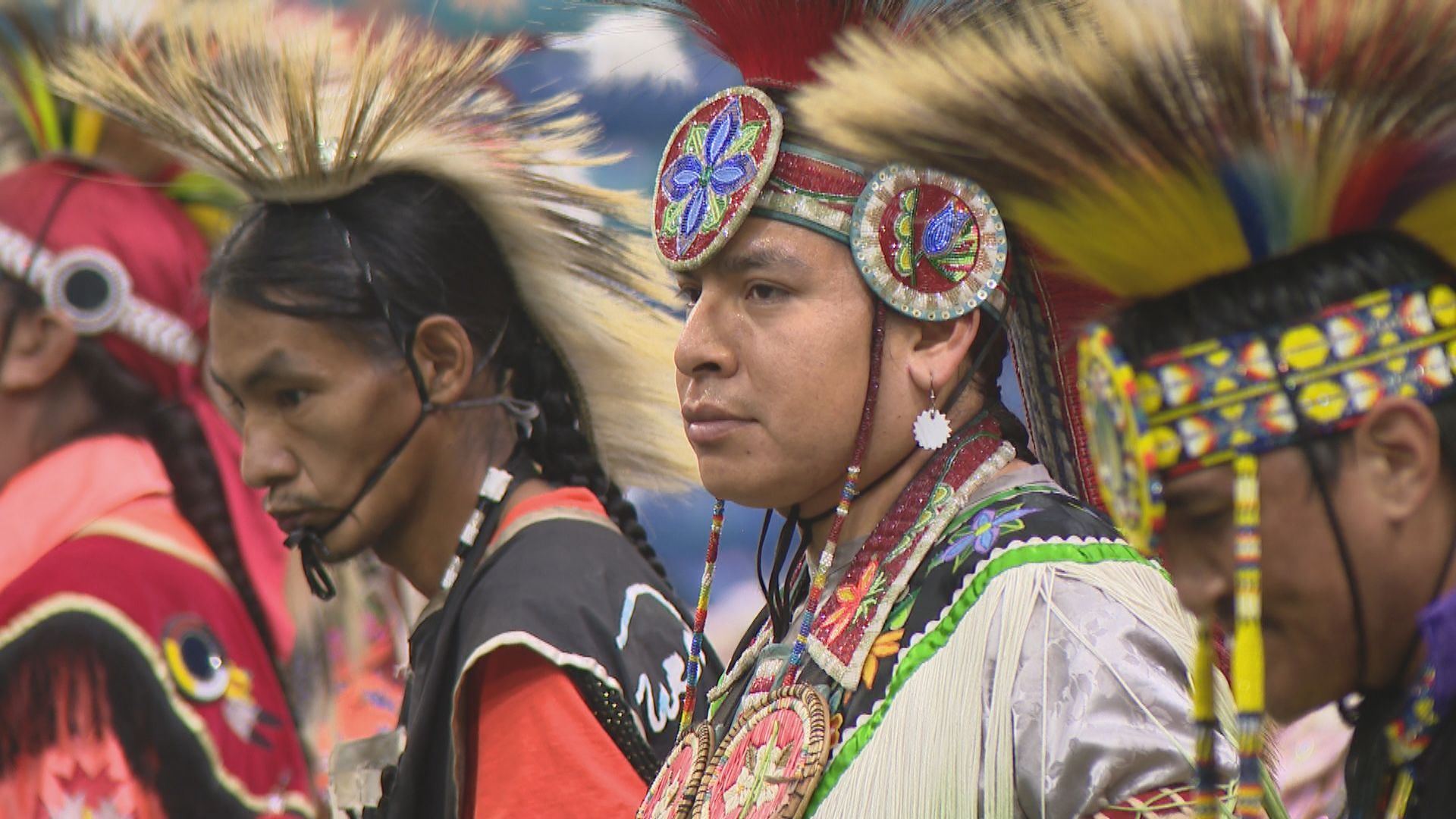Sept. 30 marks the National Day for Truth and Reconciliation in Canada — a day to reflect on this country’s dark past with the residential school system. The day is meant to honour and remember Indigenous people impacted by residential schools and to educate those who are unfamiliar with a dark chapter in Canadian history. In Saskatchewan, events and discussions took place across the province involving Indigenous elders, leaders and community members. Saskatoon In Saskatoon, the community gathered in reflection and understanding of Indigenous culture from all across the globe at a powwow. “A lot of our people are here to be involved, to understand our culture, understand the first peoples of these lands and make sure they’re respecting our identity,” Saskatoon Tribal Chief Mark Arcand said. When discussing the day and what reconciliation means, Arcand did not hold back. “It’s not just about wearing an orange shirt one day of the week; to me, that’s tokenism and we’re not going to put up with that anymore,” Arcand said. “We’re actually going to hold people to account. If they want to be part of reconciliation, we have to work together and be inclusive and not be a dictatorship.” Part of the discussion at this year’s powwow revolved around the idea that people still need healing from the trauma of residential schools and many challenges still lie ahead. The day was also an exchange of Indigenous cultures. A Maori student group from New Zealand shared their culture and celebrated the connection between First Nations people. “It’s what we call ‘tutudu,’ Manu Kawana, a school elder, said. “It’s the real people doing stuff today and we can be a part of it, absorb the energy, absorb the spirit and all of that.” For one student on the trip, it was a chance to learn about Canadian Indigenous Peoples. “We’ve learned some of their customs and the way they do things and it’s really, really interesting. It’s sort of similar actually to us and our culture,” Te Atahaia Durie said. Regina Despite some chilly, rainy weather, many Regina residents marked the day in various ways through honour walks, storytelling and even art. Daniel Stonechild is one of many people who took part in an honour walk around the city, and said it is important to educate people on residential schools. “The importance of Orange Shirt Day is just to honour and consider thinking about the people that didn’t make it home,” Daniel said. He doesn’t have to look far to see the impacts, as his mother Elvie Stonechild was one of many kids in the schools. “I went to residential school and it’s important to me to show that we can overcome whatever we’ve been through in our experiences and that we can raise healthy families,” Elvie said. “It’s like a bad marriage. It’s hard to reconcile, but if you do walk in love and forgiveness day by day then that’s what reconciliation is. But it’s also about taking action.” At the legislative building in Regina, flags sit at half-mast to honour the survivors of those who attended residential schools, and those who never made it home. At the Regina Public Library, the National Day for Truth and Reconciliation took the form of an art display. “Mine is in response to call to action number 30 which has to do with the over-representation of Indigenous people in the justice system,” artist Stacy Fayant said, referring to the calls to action put forward by the Truth and Reconciliation Commission. Fayant told stories of how her father was in a residential school and believes art can lose its therapeutic qualities when it comes from a dark place, but it is important to show the work. “If I’m talking about really difficult issues, it can be really hard and I need to take care of myself as well when I’m doing this kind of work, but it’s for the greater good,” Fayant said. “I really hope that a show like this, a piece like this can get a message across and help people better understand.” There was also a sharing circle hosted by the Newo-Yotina Friendship Centre, where Jessica Pratt Long-man shared her stories, along with several others. She said truth and reconciliation involves developing one crucial understanding. “Residential schools are not a part of Indigenous culture,” she said. “It’s a piece of history that happened. Indigenous culture is rich and vibrant and welcoming and it’s really important that we see those things as separate.”
Subscribe
Login
0 Comments





